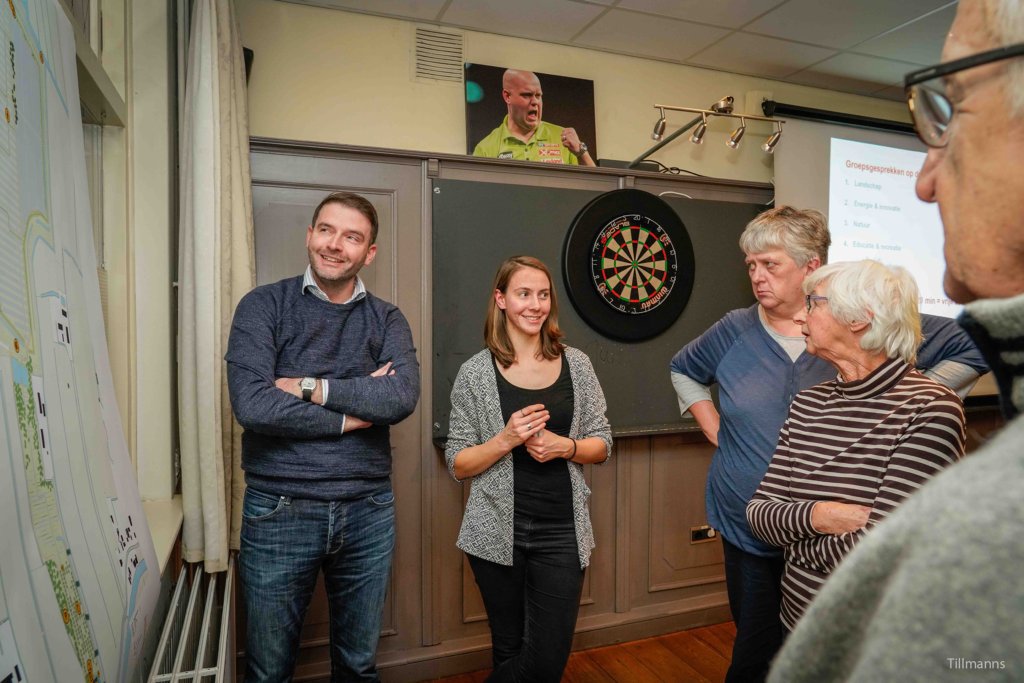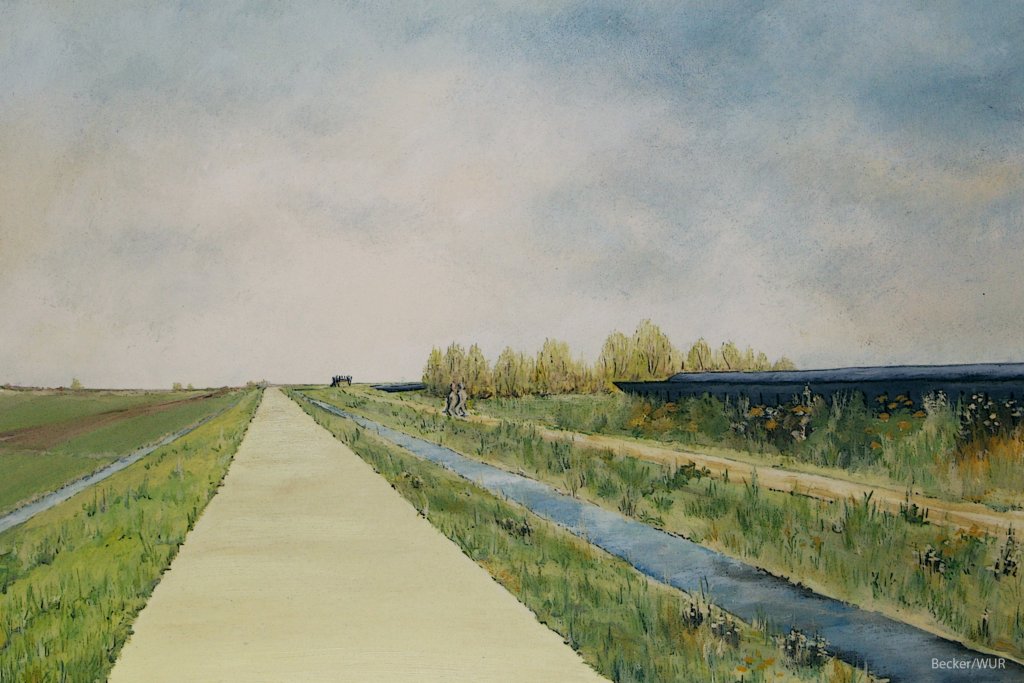In theory, renewable energy is a no-brainer! However, local implementation of renewable energy projects often faces strong opposition. This can partly be explained by the ‘top-down’ planning approach, with minimal participation of local stakeholders and often resulting in closed, technical landscapes. Good design and an inclusive design process involving local stakeholders could change local attitudes towards renewable energy projects. Moreover, by not only focusing on energy targets, new types of energy landscapes can be designed that better fit the local context. The new landscape should relate to what local stakeholders want and need, increasing biodiversity and recreational networks, and still contributing to the renewable energy targets.
The EnergyGardens project is an initiative by the Dutch environmental organisation Natuur en Milieufederaties. Wageningen University and Research (WUR) was invited to contribute to the design process of three pilots initiated in The Netherlands. The ambition is to create accessible sustainable energy landscapes that contribute to the renewable energy targets as well as to biodiversity, recreational and educational activities.
The pilots are developed in a co-creative design process, in which local stakeholders are included in both the design and development of the initiative. This included organizing many (local) stakeholder sessions to make several iterations on the values, concepts and design. In the design, we search for a balance between (sustainable) technical, economic, environmental, and social-cultural values. This includes a reflection on the functional, experiential and future values of the designed landscape. The context, stakeholders and local ambitions are different for each pilot, leading to three unique EnergyGarden-designs.
Research into designing renewable energy landscapes is very limited. The EnergyGardens project contributes to a better understanding of the role of co-creative design in the energy transition. The project is limited to the Dutch context, but lessons learned will be applicable in a wider context. On a smaller scale, in the pilots, the societal impact of the EnergyGardens project is tangible. For example in one of the pilots, we restored trust between local stakeholders and the developer by facilitating this inclusive design process. And in all three pilots, we contributed to the understanding of local stakeholders of the necessity of the energy transition and the related landscape transformations.


